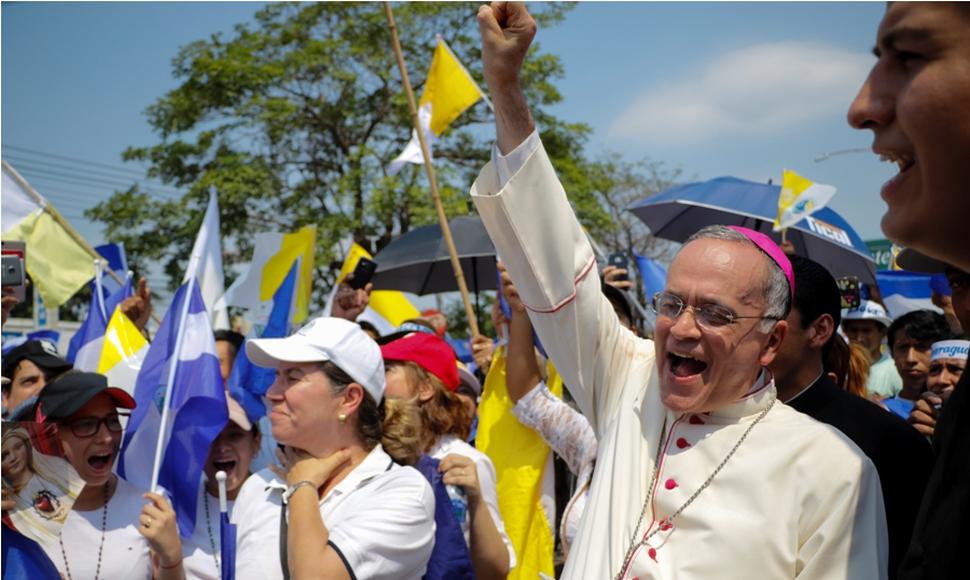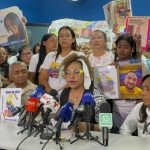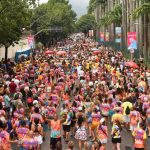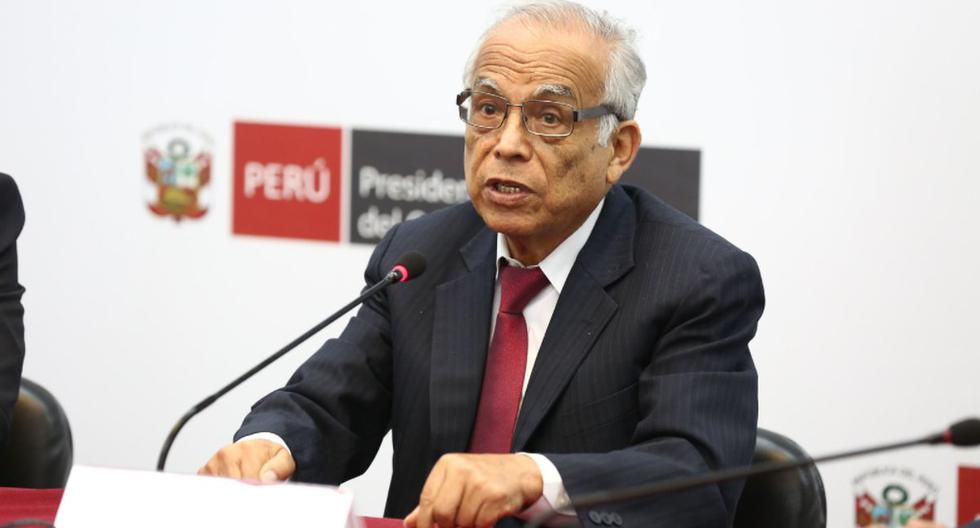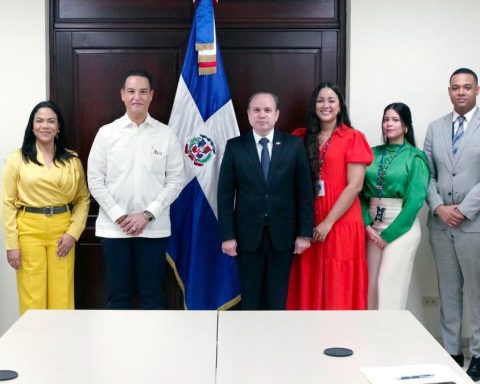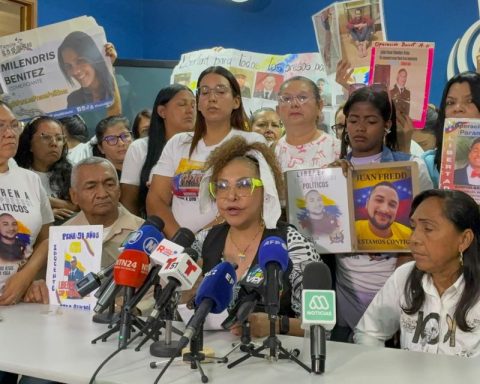The Cathedral of Managua was crowded, it was the chrism mass of Holy Thursday 2009, a priest unknown to the congregation was presented as the new auxiliary bishop of the Archdiocese of Managua, his name is Silvio José Báez Ortega and he came to the country to support the pastoral work to then Monsignor Leopoldo Brenes Solórzano, Metropolitan Archbishop of the Archdiocese of Managua, Masaya and Carazo.
Over the years, dozens of homilies, visits to the most remote communities and his prophetic voice, Monsignor Báez earned the respect and admiration of the Catholic faithful, the Nicaraguan opposition and young people.
The Catholic leader is one of the most critical and dissonant voices against the regime of Daniel Ortega and Rosario Murillo, the couple of dictators who have held Nicaragua hostage for 15 years.
Related news: Bishop Báez denounces “terrible suffering of political prisoners” in Nicaragua
Monsignor Báez has denounced on social networks, from the pulpit of the Church and in every space where he is present; the violations of the human rights of the Nicaraguan people who live under a dictatorship that committed crimes against humanity, according to reports from international organizations.
Since his arrival in Managua on April 9, 2009, he has been a prophetic voice within the Nicaraguan Church and a harsh critic of the dictatorial couple.
The reprimand of the Sandinista Youth
In June 2013, one of the clashes between the auxiliary bishop and the Sandinista Youth mobs of the Ortega regime was recorded. Báez, together with the Bishop of Managua, arrived at the Plaza Inter roundabout to talk with the peat bogs, led by Pedro Orozco, who had taken over the site with loudspeakers, T-shirts and FSLN flags. Hours before they had beaten the elderly who demanded a reduced pension and the young people who supported their requests.
“In the name of God, do not create more tension, that loud music, when there are people suffering and boys beaten, is not something that will contribute to peace… That music, those government t-shirts are not contributing to peace,” said Báez after being interrupted by the peat bogs shouting “we want peace”, as they did with John Paul II on his first visit to Nicaragua.
“Let’s be serious, we are not stupid here, they are not going to deceive us, contribute to true tranquility or go against peace,” Báez replied to Orozco.
forced into exile
In 2018, he defended the role of youth in the civic rebellion and called them “the moral reserve” of Nicaragua. He participated as a member of the Mediation Commission in the first and failed National Dialogue.
His outstanding role in defense of the human rights of Nicaraguans forced him into exile, a decision by Pope Francis to protect his physical integrity.
In that same year he was attacked by the Ortega mobs in the Minor Basilica of San Sebastián in Carazo when he was part of a delegation of priests who, together with the Apostolic Nuncio, Waldemar Sommertag, responded to the call for help from a group of young paramedics who were They took refuge in the religious temple after the so-called “cleaning operation” which consisted of the removal, by bullets, of the roadblocks.
When announcing his exile, Bishop Báez revealed that the Ortega-Murillo regime had planned an attack against him, a fact that was alerted to him by the United States Embassy in Managua, he even denounced that several drones were flying over his residence.
His homilies criticize the rulers and defend the Nicaraguan people; this has led him to be the target of attacks by the dictatorship of Daniel Ortega and Rosario Murillo. They have mounted smear campaigns, memes, manipulated videos, they even collected signatures to ask Pope Francis to remove him from office.
The Catholic hierarch was ordained a priest in the city of San Ramón, Alajuela, Costa Rica on January 15, 1985. Since that year he has carried out various pastoral tasks in Guatemala, Spain, Mexico, Argentina, the United States, Italy and Peru.
